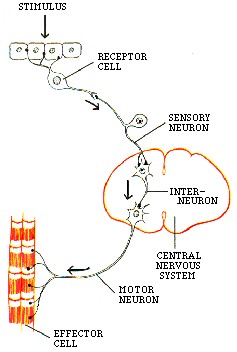This topic contains a solution. Click here to go to the answer
|
|
|
Did you know?
Children with strabismus (crossed eyes) can be treated. They are not able to outgrow this condition on their own, but with help, it can be more easily corrected at a younger age. It is important for infants to have eye examinations as early as possible in their development and then another at age 2 years.
Did you know?
Cyanide works by making the human body unable to use oxygen.
Did you know?
Excessive alcohol use costs the country approximately $235 billion every year.
Did you know?
People about to have surgery must tell their health care providers about all supplements they take.
Did you know?
More than 20 million Americans cite use of marijuana within the past 30 days, according to the National Survey on Drug Use and Health (NSDUH). More than 8 million admit to using it almost every day.







